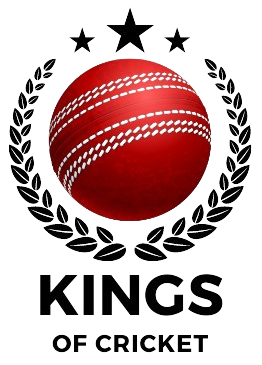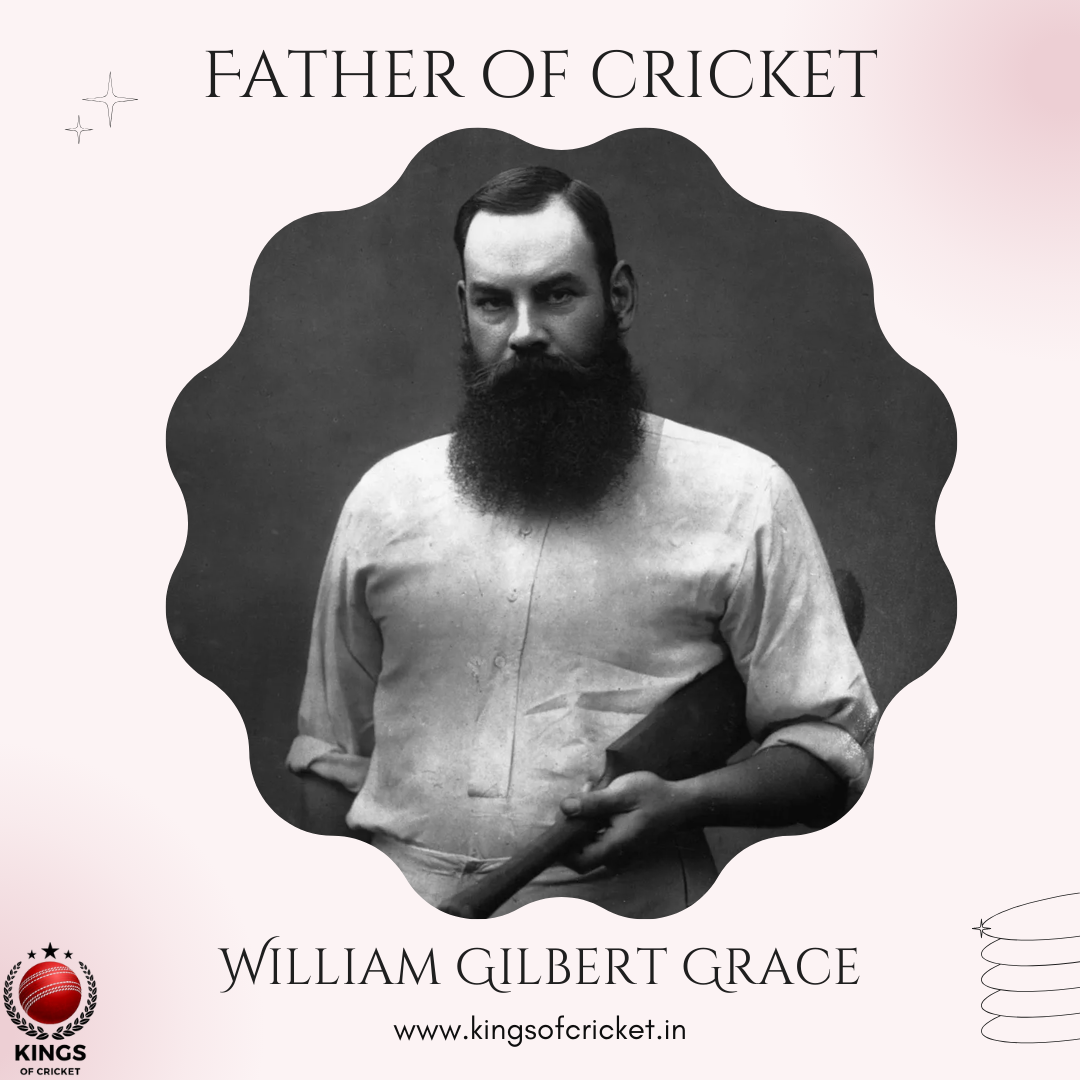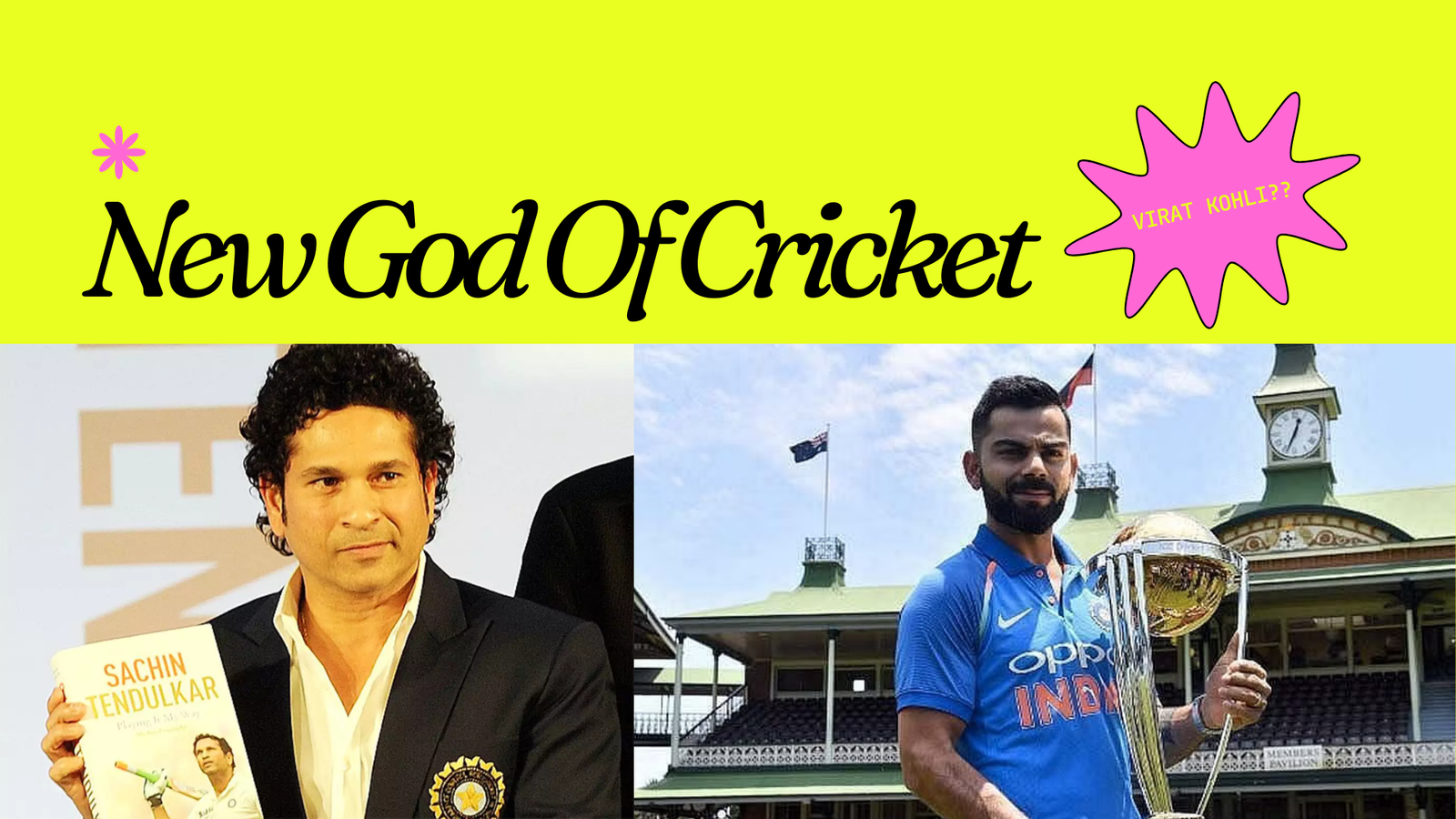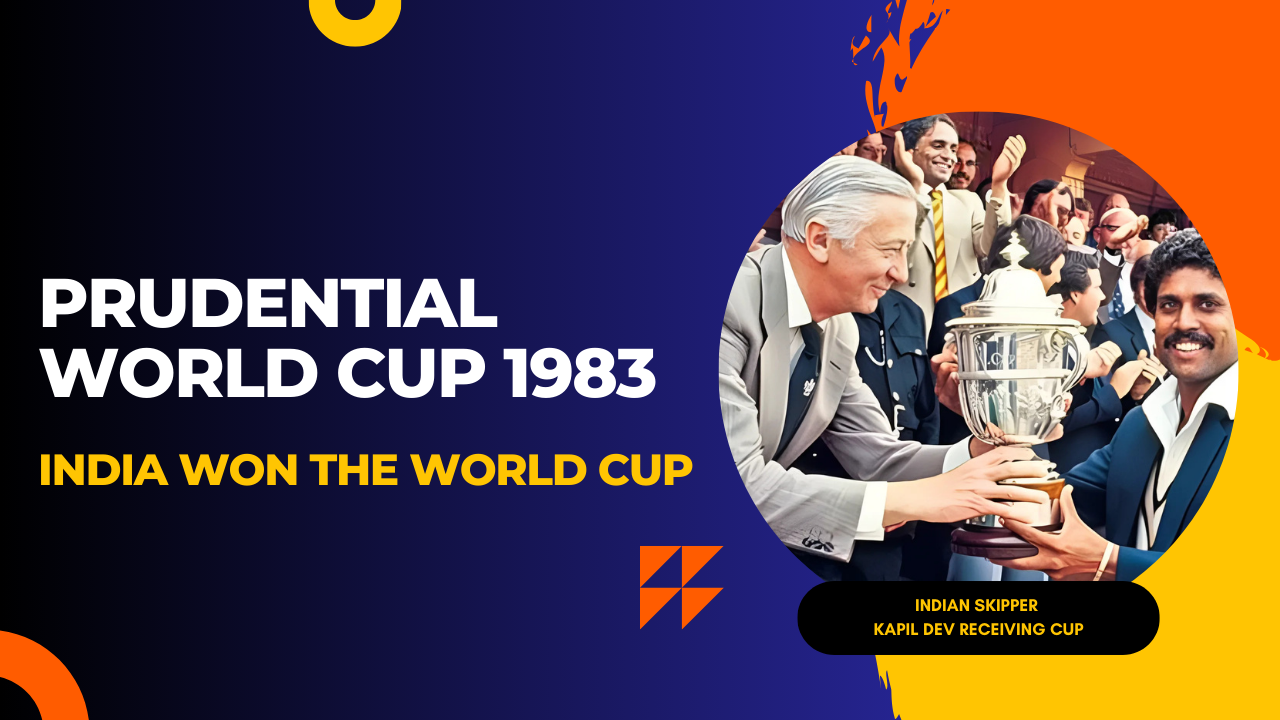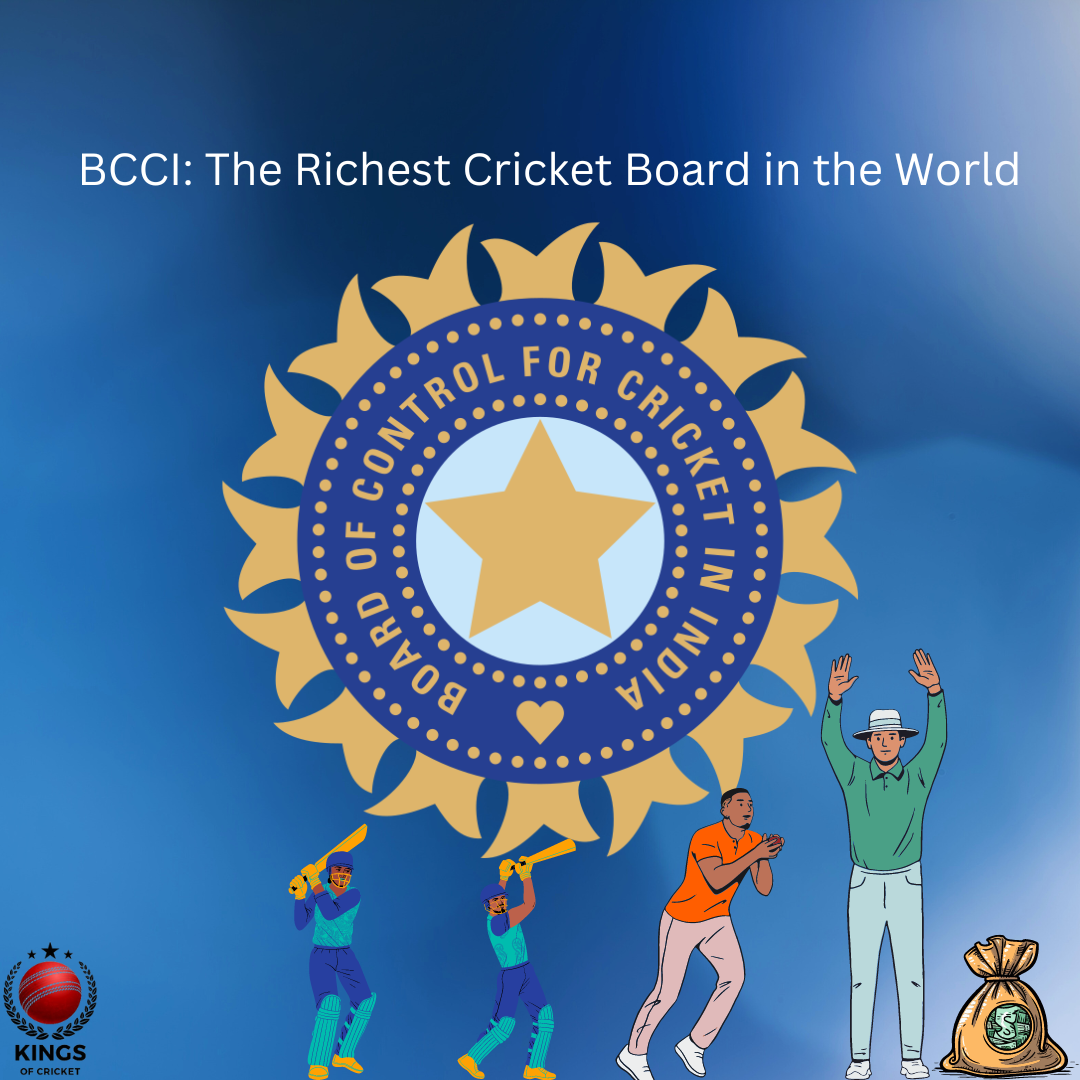Contents
The Father of Cricket: WG Grace and His Immortal Legacy
Cricket, often referred to as a gentleman’s game, has a rich history that spans centuries. Among the many luminaries who have graced the cricket field, one name stands out as the pioneer who shaped the game into its modern form: William Gilbert Grace, more commonly known as WG Grace(Father of Cricket). Revered as the “Father of Cricket,” WG Grace’s contributions to the sport go beyond his phenomenal statistics and legendary performances. This article delves into the life, career, and lasting impact of WG Grace on the world of cricket.
Early Life and Introduction to Cricket
WG Grace was born on July 18, 1848, in Downend, near Bristol, England. He was the eighth of nine children in a family where cricket was a prominent part of daily life. His father, Dr. Henry Grace, was a physician and an enthusiastic amateur cricketer, who encouraged his children to play the game. The Grace family had their own cricket pitch, and it was here that WG and his brothers honed their skills from a young age.
WG Grace made his debut in first-class cricket at the tender age of 16, playing for the Gentlemen of the South against the Players of the South at The Oval in 1865. This marked the beginning of a remarkable career that would span more than four decades.
A Prodigious Talent
WG Grace’s(Father of Cricket) cricketing abilities were evident from the start. He was a formidable all-rounder, excelling as both a batsman and a bowler. His batting technique was revolutionary for its time, combining power with finesse. Grace’s ability to play long innings and his aggressive style set him apart from his contemporaries. His imposing presence at the crease, with a tall and strong physique, made him a daunting opponent for any bowler.
In 1866, at the age of 18, WG Grace scored his first century in first-class cricket, an impressive 224 not out for the Gentlemen of the South. This innings was a sign of things to come, as Grace would go on to score 124 centuries in first-class cricket, a record that stood for decades.
Transforming the Game
WG Grace’s influence on cricket extended beyond his individual performances. He was a pioneer in several aspects of the game, including the use of protective equipment. Grace was one of the first cricketers to regularly wear pads and gloves, setting a trend that would soon be adopted by others. His innovative approach to the game also included the development of new batting techniques and strategies that became standard practice in the years to follow.
One of Grace’s most significant contributions was popularizing cricket and bringing it into the mainstream. During his career, cricket transitioned from being a pastime for the elite to a sport enjoyed by people from all walks of life. WG Grace’s charisma, larger-than-life persona, and extraordinary talent drew crowds to the cricket grounds, significantly boosting the sport’s popularity.
Milestones and Records
WG Grace’s career was marked by numerous milestones and records. He was the first cricketer to score 1,000 runs in a season, achieving this feat in 1868. He went on to repeat this accomplishment in 26 seasons, a testament to his remarkable consistency and longevity. In 1876, Grace scored the first-ever triple century in first-class cricket, amassing 344 runs for the Marylebone Cricket Club (MCC) against Kent.
Grace’s contributions to the England national team were equally significant. He played 22 Test matches for England between 1880 and 1899, scoring 1,098 runs at an average of 32.29. While these numbers might not seem extraordinary by modern standards, it’s essential to consider the challenging playing conditions and the rudimentary equipment of that era. Grace’s impact on international cricket extended beyond his playing statistics, as he helped lay the foundation for the future development of the sport.
The Legend of WG Grace(Father of Cricket)
WG Grace’s legend was built not just on his cricketing prowess but also on his larger-than-life personality. He was known for his competitive spirit and his willingness to bend the rules to gain an advantage. Stories of his gamesmanship are numerous, adding to his mythical status in cricket folklore. One famous anecdote involves Grace being bowled out, but refusing to leave the crease, saying, “They came to see me bat, not you bowl.”
Grace’s dominance on the field was complemented by his medical career. He was a practicing physician, earning the nickname “The Doctor” from his contemporaries. Balancing his medical practice with his cricketing commitments was a remarkable achievement and further enhanced his reputation.
The Enduring Legacy
WG Grace’s impact on cricket is immeasurable. His innovations, records, and sheer presence transformed the game and set the stage for future generations. Grace’s emphasis on fitness and technique influenced many cricketers who followed him, including the likes of Sir Donald Bradman, who regarded Grace as a cricketing genius.
Beyond his contributions to the sport, Grace’s legacy lives on through various honors and commemorations. The WG Grace(Father of Cricket) Memorial Ground in Bristol and the Grace Gates at Lord’s Cricket Ground stand as enduring tributes to his contribution to cricket. His life and career have been the subject of numerous biographies, documentaries, and articles, ensuring that his story continues to inspire cricket enthusiasts around the world.
Conclusion
William Gilbert Grace’s title as the “Father of Cricket” is well-deserved. His remarkable talent, innovative spirit, and larger-than-life personality left an indelible mark on the sport. Grace’s influence extended beyond his era, shaping the modern game and inspiring countless cricketers to strive for excellence. As cricket continues to evolve, the legacy of WG Grace remains a testament to the enduring appeal and timeless beauty of the gentleman’s game.
God father Of Cricket
most popular cricketer in the world
FAQ
Q.who is the father of cricket?
A.William Gilbert Grace’s title as the “Father of Cricket” is well-deserved.
